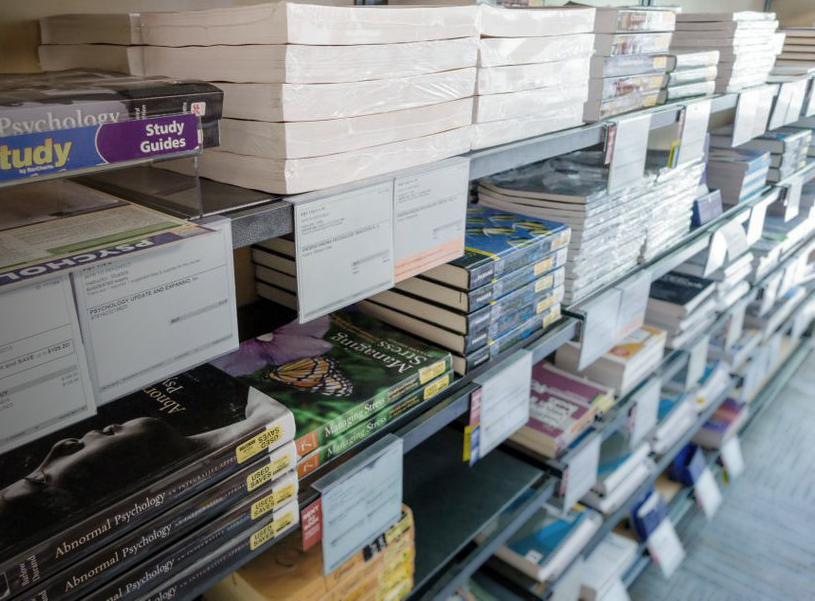 While educational textbook publisher Pearson says print textbooks are on the way out, an Intergraf study proves that may be a terrible idea.
While educational textbook publisher Pearson says print textbooks are on the way out, an Intergraf study proves that may be a terrible idea.
“The argument that reading on paper results in deeper comprehension and retention, concentration, vocabulary building and memory has been given immense weight by a groundbreaking study by Intergraf, the European federation for print and digital communication,” notes this article in Two Sides.
“The research examined the results of 54 studies with a total of over 170,000 participants from 19 countries, and found overwhelming evidence that comprehension of text is much stronger when reading from paper as opposed to a screen, particularly when the reader is under time pressure,” the article continues.
Those findings are in line with current parental attitudes, as evidenced by this year’s Paper and Productivity Learning Report. They also dovetail with student preferences, where 87% of students would prefer to study on paper if the price were the same as digital textbooks.
There are economic considerations to the debate for certain, but when you come down to learning – reading comprehension and recall – paper wins. No question.
“[The study] found that print readers have a better recall of the relationship between events and are able to reconstruct the plot of a text better than screen readers. It was also found that the advantage for print was greater under time constraints and that scrolling resulted in a significant disadvantage for digital reading,” the article continues.
“With regard to education, the digital disadvantage during elementary school was found to be two-thirds of the yearly increase in reading comprehension, meaning that students potentially only progressed one-third as much as they would have done had they been reading on paper instead of on a screen,” it notes.
Economics aside, do we want our young learners to get more out of their education? Of course we do. Do we want them to have access to the internet for research and expanded study? Yes, we do. There is room for both. Yet we hear troubling reports that technology is actually hurting student performance. For deep learning, recall and comprehension, science has shown us that print works far better than digital … we continue to hear that from students themselves (like Jacob Gabriel, WMU engineering student).
Publishers like Pearson may decide it’s better for their bottom line to deliver e-books, but we are still the end consumers, and this really matters folks.

December 18, 2020, 9:49 am